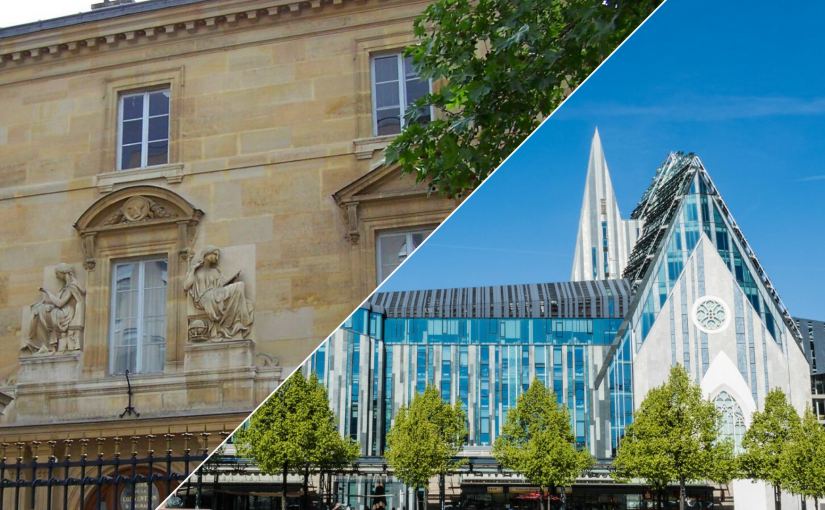The transnational research seminar consists of lectures by invited international scholars dedicated to the study of cultural transfers in very different regions. The presenters discuss the relationship between cultural transfer research, transnational history and transregional studies using examples from their ongoing research. The sessions take place monthly and are open to MA and PhD students of ENS Paris, the Global and European Studies Institute and the Graduate School Global and Area Studies at Leipzig University, as well as all interested researchers. Since the beginning of 2023, the seminar is a central part of the teaching program of the Franco-German graduate school “Cultural Transfers”, operated by the École normale supérieure and Leipzig University and funded by the Franco-German University.
The seminar is organized entirely online and is based on the long-term collaboration between the Leipzig Centre for the Study of France and the Francophonie and the Research Centre Global Dynamics at Leipzig University and the École normale supérieure Paris (UMR Pays Germaniques – Transferts Culturels), whose partnership has inspired a large number of joint publications and events since the early 1990s. The sessions of this seminar are held in French, English or German, whereby the language of the lecture results from the given working title, while interventions in the discussion are possible in all three languages.
The central theme of the various sessions is the question of the vectors that explain and promote the various shifts in intellectual content in space and time, as well as the resemantizations that necessarily go hand in hand with these shifts. The topics dealt with are deliberately diverse in order to facilitate contacts between the disciplines and methodological discussions. A common theme is the history and epistemology of the human sciences with a focus on questions of spatialization in historiographical constructions.
Photos courtesy of: 1) LPLT; 2) Christian Hüller / Universität Leipzig, SUK
